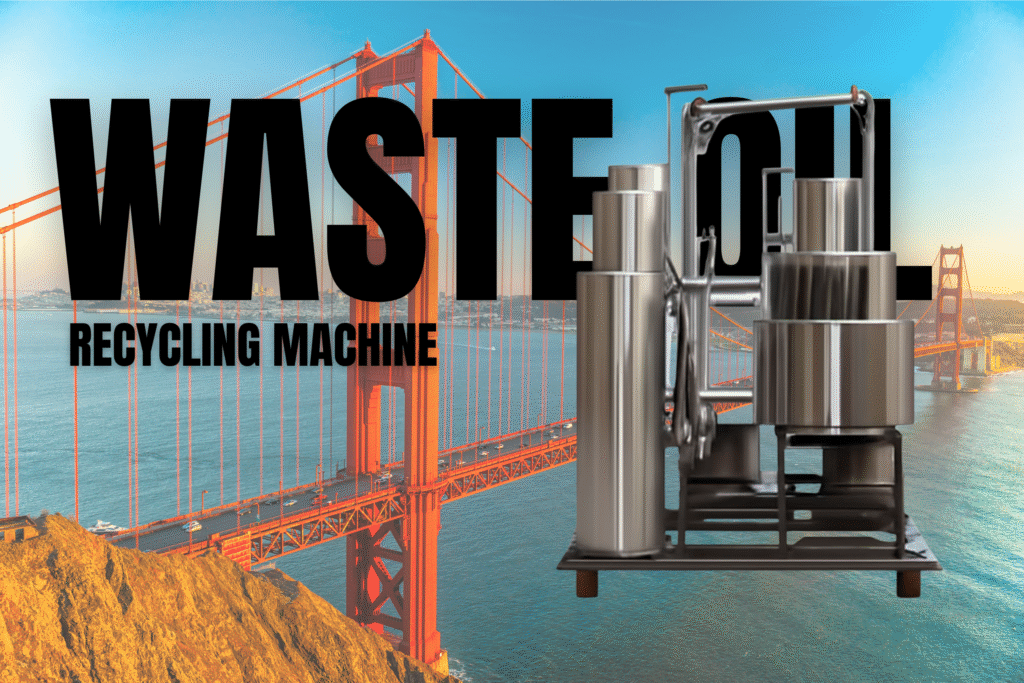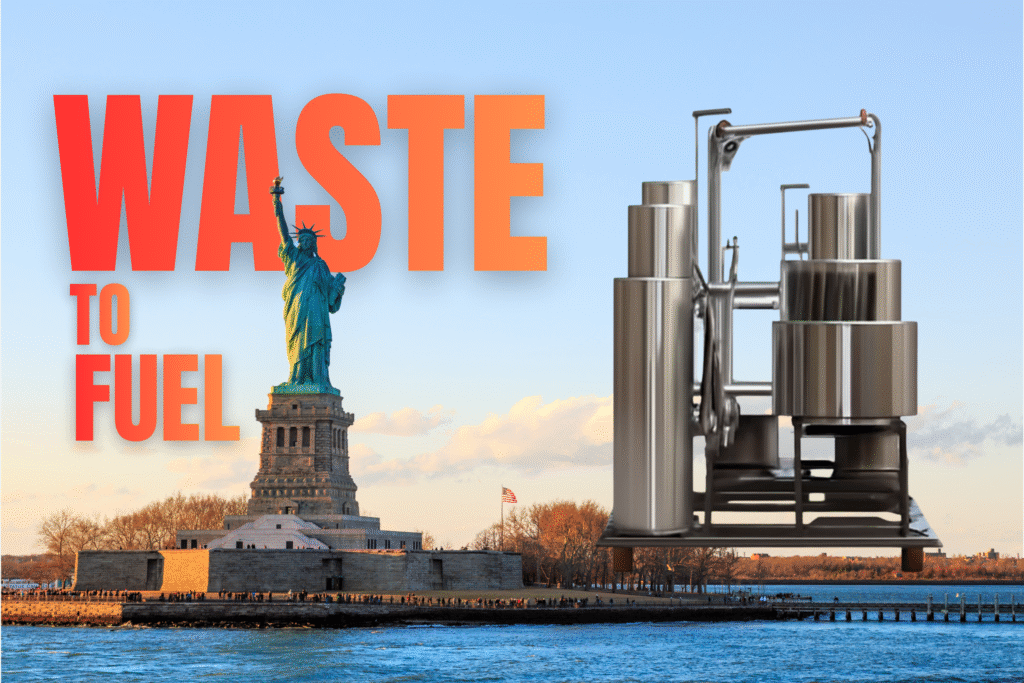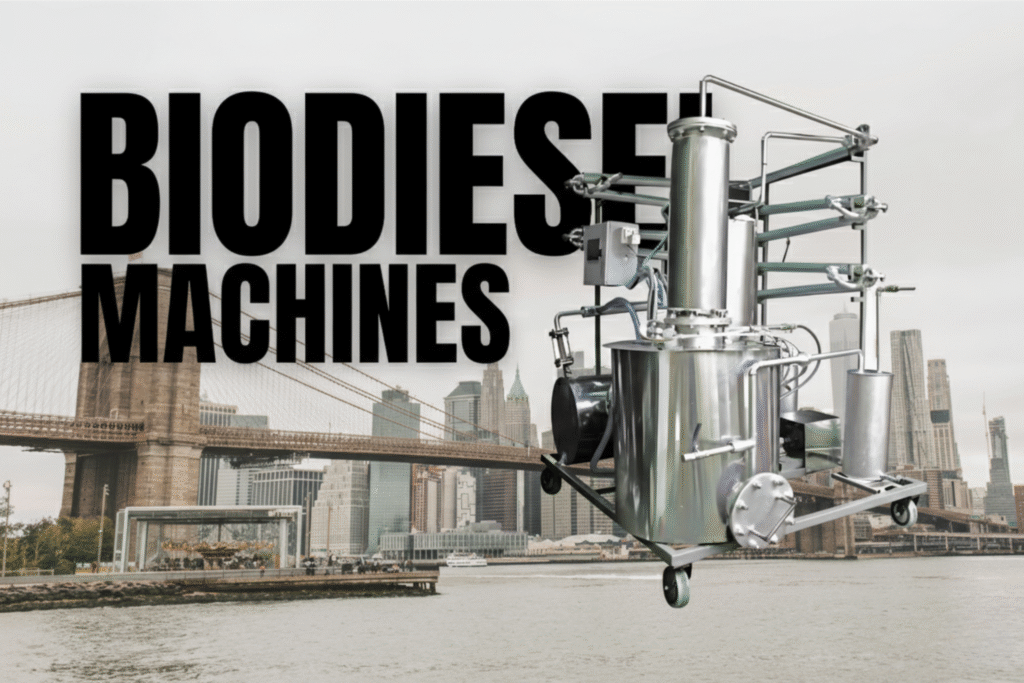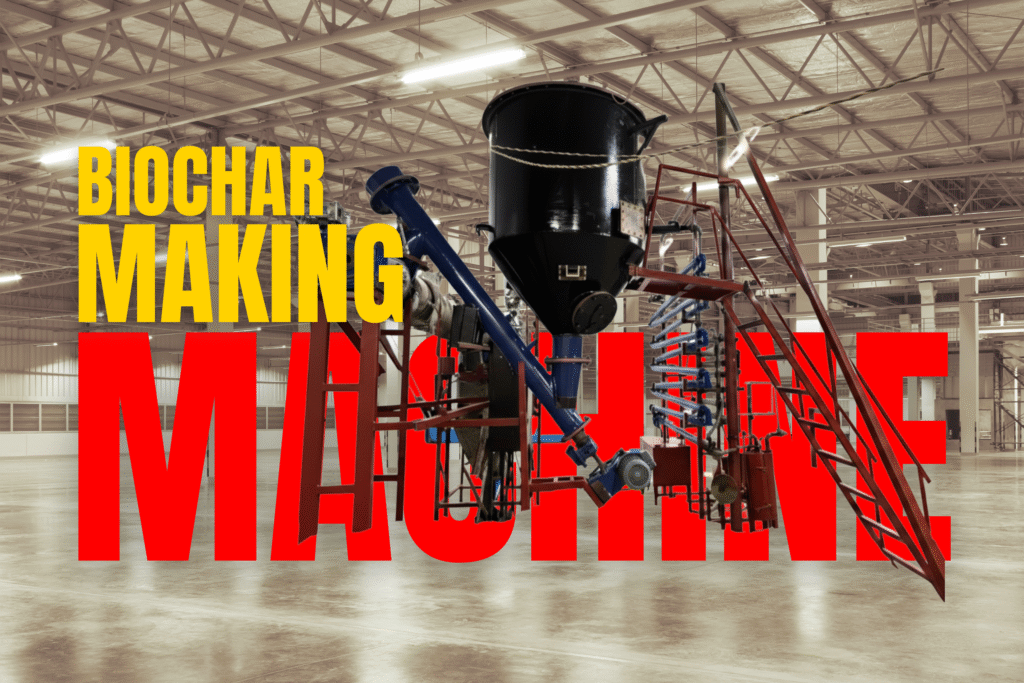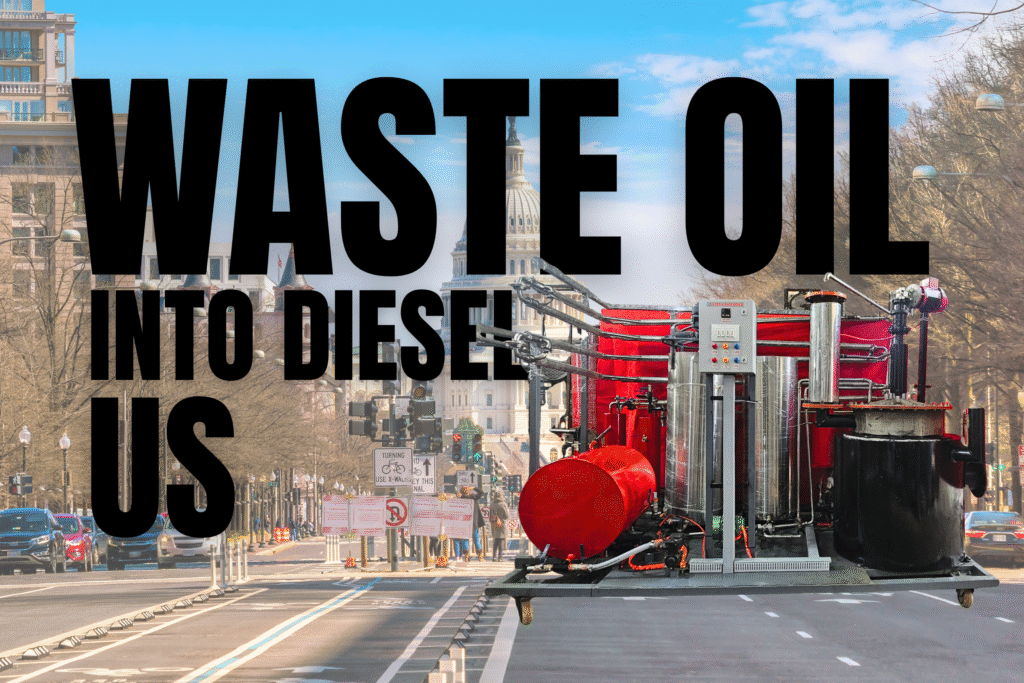Turning Waste Into Valuable Fuel: Rise of Used Oil to Diesel Plant Technology in the USA
Introduction From sea to shining sea, demands for sustainable energy, coupled with demands for profitable recycling operations, are scaling more rapidly than ever. Industrial diesel consumption, automotive servicing waste, marine engine discharge, and construction machinery operations contribute to millions of gallons of used motor oil and lubricants each year. Historically, this waste was either burned, exported, or buried in landfills. Now, America is shifting toward a profitable and eco-friendly solution: the used oil to diesel plant. Advanced facilities for refining transform used motor oil, hydraulic fluids, transmission oils, and contaminated fuel into high-quality diesel. This produces a low-emission, economic source of energy while at the same time minimizing environmental risk. Veera Group, known for creating reliable, high-output refining solutions built for global operators and suitable for USA industrial standards, is leading this technological adoption internationally. Among the things discussed in this in-depth guide are how a used oil to diesel plant works, why US companies are adopting it, how investors can evaluate opportunities, and how Veera Group supports profitable, compliant operations in this expanding market. Why Diesel Production from Used Oil Gets Priority in the U.S. Market With the increased demand for fuel in transport, logistics, heavy machinery, and marine operations, there is a greater need for diesel in large quantities within the United States. However, fluctuating fuel prices, tighter environmental regulations, and growing sustainability expectations hamper the country’s pursuit of satisfying these needs. In light of these hardships, there is a sudden increase in recycling technologies like the used oil to diesel plant. Core Drivers in the U.S. Market Reduction of imported fuel dependency Increasing cost of diesel fuel per gallon Government preference for resource recovery Stricter EPA environmental compliance laws Industrial and commercial needs for cost-controlled diesel Impact on American Businesses The following industries stand to gain from diesel recycling technology: Automotive service and fleets Mining and construction fleet operators Ports and marine fueling centers Oil blending companies Trucking and logistics fleets Recycling and hazardous waste handling companies Instead of paying to dispose of contaminated oil, these businesses can generate proven revenue from a used oil-to-diesel plant while reducing hazardous waste impact. How a Used Oil to Diesel Plant Converts Waste Into Profit Modern refining units utilizing sophisticated distillation and purification technologies transform contaminated oils into low-sulfur diesel. Veera Group provides systems designed for small and large-scale refining operations. Stages of Major Processes A typical used oil to diesel plant follows the steps below: 1. Filtration and Dehydration Processing involving mechanical and heating treatment removes water, sediment, and solid contaminants. 2. Catalytic Vacuum Distillation Heavy hydrocarbons are distilled under vacuum pressure at low temperatures to prevent cracking and degradation. 3. Diesel Fraction Separation Hydrocarbon fractions are separated based on boiling thresholds so as to isolate high-purity diesel fractions. 4. De-odorization and Color Treatment Catalyst filtration, or clay polishing, removes odor, improves color, and stabilizes the fuel. 5. Optional Additization Special additives can be mixed together to achieve specific ASTM diesel performance criteria. Understanding the Diesel Output From a Used Oil to Diesel Plant A high-grade used oil to diesel plant is able to process feedstock like: Waste engine oil Heavy marine oil Industrial lubricants Crankcase waste Gear oils and hydraulic fluids Final Product Quality Output diesel, when processed correctly, can meet major U.S. standards. Depending on feedstock quality and machine technology, diesel produced can achieve: Low sulfur content High calorific value (energy density) Reduced level of ash and sediment High cetane index suitable for engine performance Byproducts Also Produced Fuel gas to heat the system Residue used in asphalt or industrial burners Light solvents and distilled fractions This means that a used oil to diesel plant creates multiple revenue streams, not just diesel. Veera Group: A Global Technology Provider for Diesel Recycling Plants Veera Group offers turnkey solutions designed for global markets and engineered for U.S. operational expectations. They offer plants at various capacities based on production goals. Special Privileges Offered by Veera Group Self-operating systems with easy controls Low energy consumption distillation High diesel recovery efficiency Modular design suited for global shipping and U.S. installation Remote technical assistance and on-site commissioning support Long-term spare part assurance The company has served recycling operators, petroleum distributors, and fuel producers worldwide and supports first-time investors and large industrial enterprises alike. Investment Guide: How to Assess a Used Oil to Diesel Plant in the USA Any investor or company intending to enter into oil recycling has to evaluate critical purchasing decisions. Some of the key U.S market-based considerations follow. 1. Capacity Planning Plant Capacity selection according to oil availability: Small Units: 500–2,000 liters/day Medium Plants: 5,000–50,000 liters/day Industrial Plants: 80,000 liters/day and above 2. Compliance and Permits Operators shall comply with the following: EPA hazardous waste regulations Air emission standards Regional state legislation relating to oil transport and handling 3. Energy Consumption A cost-efficient used oil to diesel plant should provide the following: Low heat requirement Integrated fuel gas reuse Efficient burner systems 4. Feedstock Availability Profitability requires regular access to: Waste engine oil generated in automotive activities Industrial collection contracts Fuel depot residual extraction 5. Return on Investment On average, most U.S. buyers recover full investment in a used oil to diesel plant within 9–24 months, depending on market prices and feedstock cost. Cost Expectations When Purchasing a Second-Hand Oil to Diesel Plant Their prices differ based on quality output, features, and level of automation. Estimated Price Range Small Manual Systems: $120,000 to $350,000 Semi-Automatic Units: $400,000 to $900,000 Fully Automatic Industrial Plant: $1.2 million to $4 million Major Pricing Factors Level of vacuum distillation technology Output purity and sulfur reduction systems Type of heating energy: electric, diesel, natural gas Automation level and control systems Production capacity and operational hours The investment in a used oil to diesel plant is a long-term commercial asset with direct profit returns from the fuel produced. Profitability Forecast: Revenue Potential in the USA Diesel prices stay strong in the United States, particularly in the logistics, transport, manufacturing, shipping, and construction sectors. Revenue Sources


